Tekigaiso is located in Ogikubo, Tokyo. After 10 years of restoration and maintenance, the building, which has hosted many important meetings that marked political turning points in the past, will open to the public on December 9, 2024.
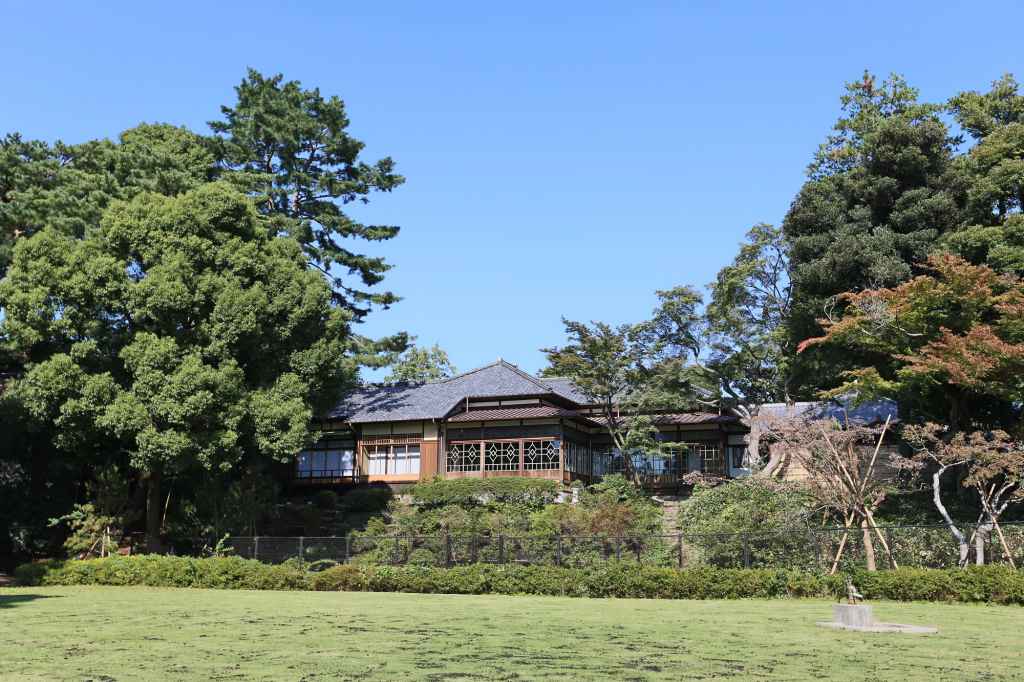
Image courtesy of Suginami Ward
In this article, we would like to introduce the “Tekigaiso”, which was not only a politically important place but also culturally highly regarded, and the part of the building that Tatsumura Art Textile was involved in restoring.
“Tekigaiso” as a witness to history
“Tekigaiso” was originally built as a villa in 1927 by Dr. Tatsukichi Irisawa, a physician who served as the head physician to the Taisho Emperor. In 1937, the villa was taken over by then Prime Minister Fumimaro Kokonoe, who liked the villa and its surroundings, and the villa began to be called “Tekigaiso”.
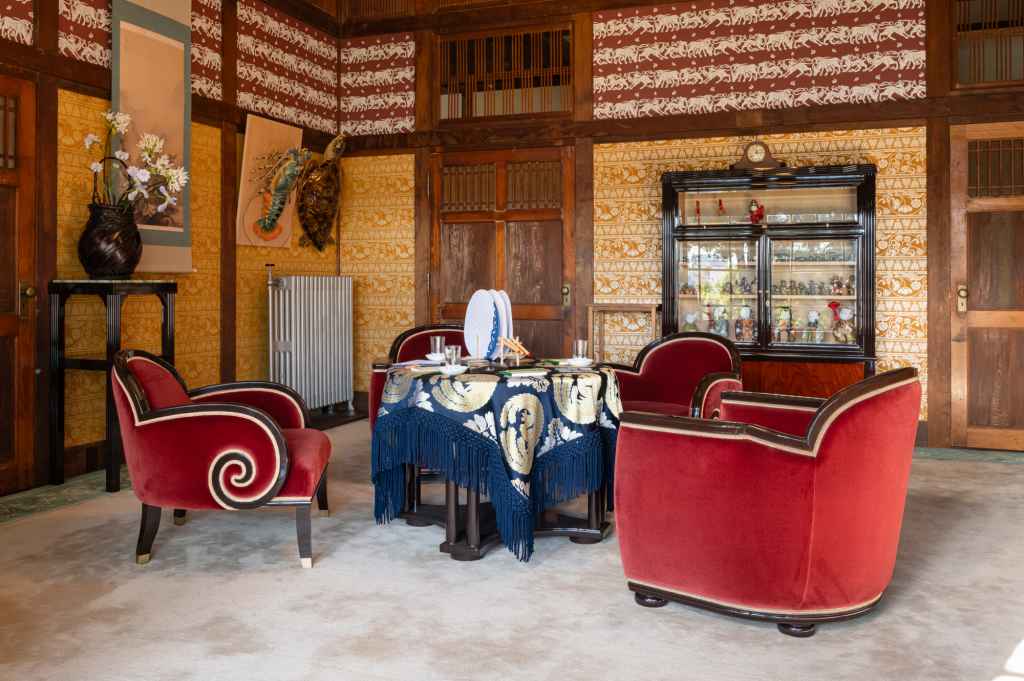
Image courtesy of Isetan Mitsukoshi Property Design Ltd.
Originally, Fumimaro Kokonoe decided to live at Tekigaiso to rest his mind and body, but gradually it came to be used as a venue for important national meetings. In 1940, the Ogikubo Conference was held, where major policy decisions related to World War II were made, and records show that this was also the stage for a turning point in history.
Value Background of “Tekigaiso”
Tekigaiso was built on a plot of land with red pines that grow in the cool, clear air of Ogikubo. Since there was also a maple tree in the garden, the house was named “Fu-teki-so” when it was first built by the architect Tatsukichi Irisawa, who also had a deep knowledge of Chinese poetry.
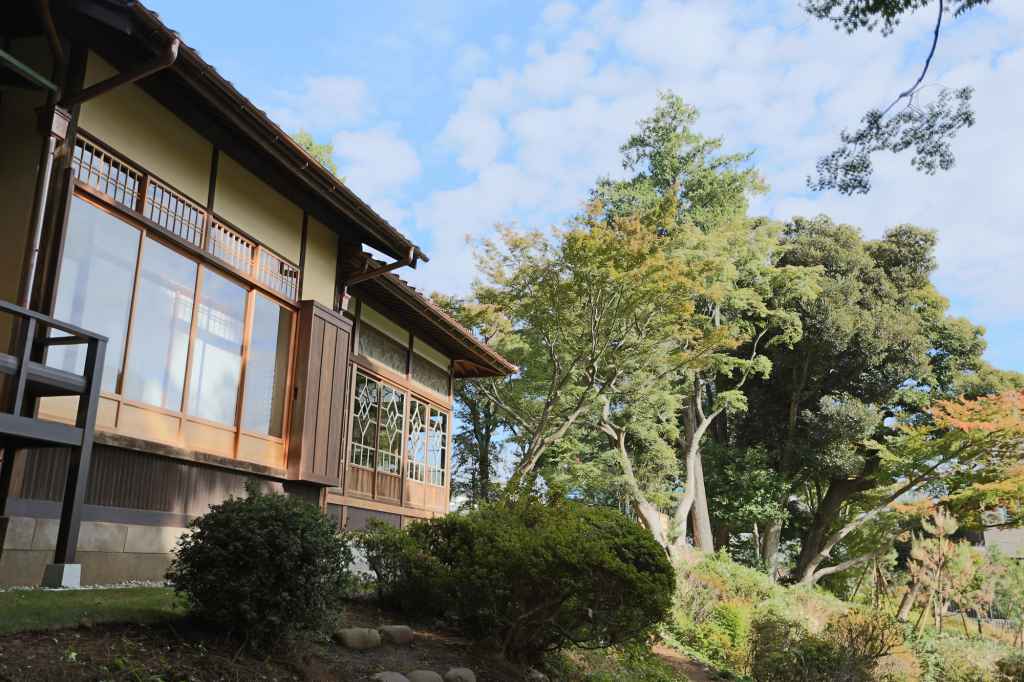
Image courtesy of Suginami Ward
The building was designed by Chuta Ito, one of Japan’s leading architects, who is known for pioneering the study of architecture, especially architectural history, in Japan. Ito’s other famous designs include the Tsukiji Honganji Temple and Heian Jingu Shrine. Based on his famous designs, the Kokonoe family has repeatedly made small-scale renovations to these buildings, which have been preserved and are of great historical and cultural value.
Restoration of “Tekigaiso” and Tatsumura Art Textile
However, when Michitaka, the second son of Fumimaro Kokonoe and former professor at the University of Tokyo, passed away in 2012, there was a growing movement in the community to preserve the property. In response to requests from the community, Suginami Ward purchased the site, including the building portion, in 2014. Furthermore, in 2016, the site was designated as a national historic site as a place where many meetings that influenced the course of Japan took place, and the movement to restore “Tekigaiso” accelerated.
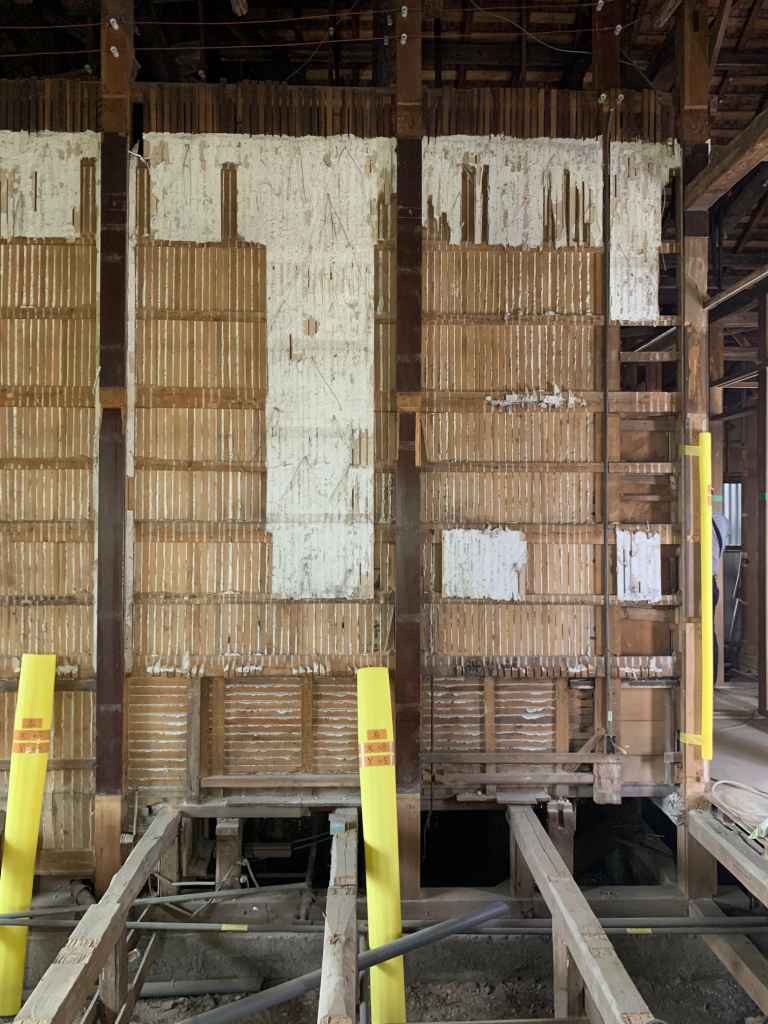
Image courtesy of Suginami Ward
In this project, named “Tekigaiso Restoration and Improvement Project,” craftsmen and experts reconstructed the guest rooms and restored furniture and furnishings to their original state as they were when Kokonoe Fumimaro lived in the villa. Tatsumura Art Textile was engaged in the restoration of a tablecloth, one of the furnishings.
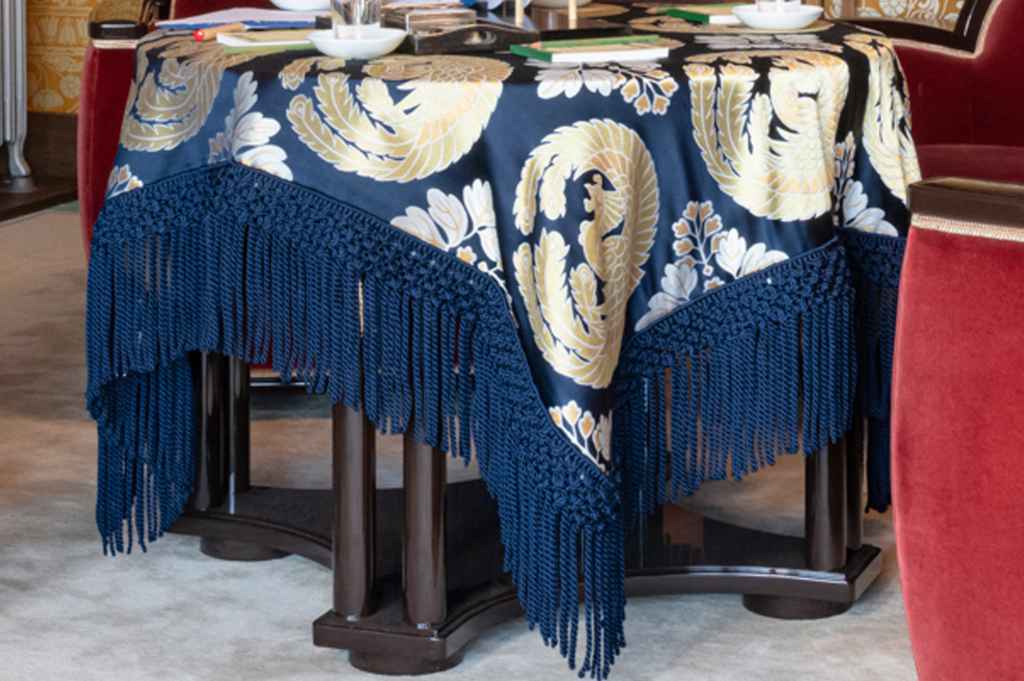
Image courtesy of Isetan Mitsukoshi Property Design Ltd.
Based on our experience in producing numerous textiles, we have restored the colors and textures of those days to the maximum extent possible. We hope you will pay attention to the various aspects of the textile when you see it in person, such as its unique texture and the way it contributes to creating an atmosphere in harmony with the interior.
“Tekigaiso” was the stage for a major political turning point. You can experience its history firsthand at various parts of the building, which has been restored and is now available for viewing. Please enjoy the precious historical space to the fullest.
●Address:2-43-36 Ogikubo, Suginami-ku, Tokyo 167-0051, Japan
●Phone number:+81-3-6383-5711
●Opening hours: 9:00-17:00 (last admission at 16:30)
●Closed: Wednesdays, Year-end and New Year holidays (12/29-1/1)
●Cafes & Shops
Business hours: 10:00 – 16:00 (last order 16:00) *Closed on the same days as Tekigaiso
※If Wednesday is a national holiday, the park is closed on the following weekday.
※Please check the website for the latest information as holidays are subject to change.
※Please refer to the website for access/entrance fees.
Ogi Gaisho Park official website (external link):(https://ogikubo3gardens.jp/tekigaiso/)